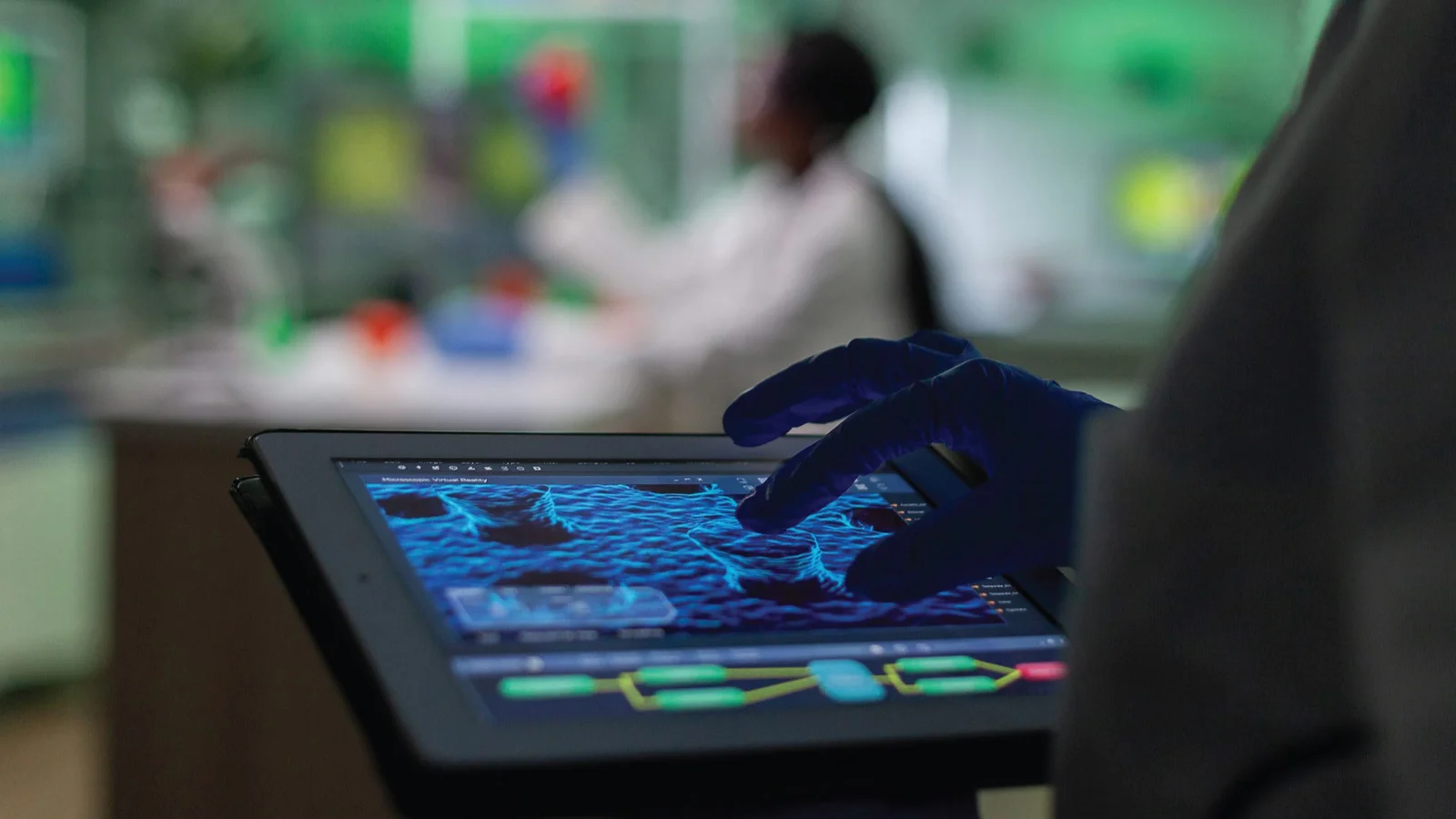Artificial intelligence (AI) is transforming the biopharma industry by accelerating drug discovery, optimizing clinical trials, and enhancing patient outcomes. As AI technologies evolve, their integration into biopharma operations is breaking long-standing barriers, yet it also presents new challenges that require careful navigation. Understanding the dynamic relationship between AI and the biopharma industry is essential for stakeholders aiming to leverage AI’s full potential while managing risks effectively.
AI’s ability to process vast amounts of biological and chemical data has revolutionized drug discovery. Algorithms can predict molecular behavior, identify promising compounds, and simulate clinical outcomes much faster than traditional methods. This accelerated pace reduces time-to-market for critical therapies and lowers costs. Moreover, AI-driven platforms enable personalized medicine approaches by analyzing patient genetics and biomarkers to tailor treatments effectively.
Clinical trials, often costly and time-consuming, benefit immensely from AI’s predictive analytics and patient recruitment tools. AI helps identify suitable candidates, predict adverse reactions, and monitor real-time trial data, ensuring higher efficiency and safety. Such advancements help bring effective drugs to patients more quickly and reduce the risk of trial failures.
Despite these benefits, AI adoption in the biopharma sector faces significant challenges. Integrating AI systems requires robust data infrastructure, standardized data formats, and skilled personnel capable of interpreting AI insights. There is also resistance within organizations due to fears of job displacement and skepticism about AI accuracy. Additionally, AI models depend on high-quality data; any bias or inaccuracies in datasets can lead to misleading results, impacting decision-making.
Ethical and regulatory frameworks pose another set of hurdles. The use of AI in sensitive areas like patient data and clinical decision-making raises concerns about privacy, transparency, and accountability. Regulatory bodies are still evolving guidelines on AI validation and approval, which adds uncertainty for biopharma companies aiming to implement these technologies quickly.
Looking ahead, AI will continue to break barriers in the biopharma industry by enabling novel therapeutic discoveries, improving clinical workflows, and advancing precision medicine. Success will depend on fostering collaborations between AI experts, biopharma professionals, and regulators to address challenges transparently and ethically. As these sectors converge, AI has the potential to redefine healthcare outcomes on a global scale.
For more info https://bi-journal.com/navigating-ai-and-the-biopharma-industry/
In conclusion, AI and the biopharma industry are intertwined in a transformative journey. While AI offers unprecedented opportunities to innovate drug development and clinical processes, the challenges of data quality, ethical concerns, and regulatory compliance must be diligently managed. By balancing innovation with responsibility, AI can truly break barriers and shape the future of biopharma.

